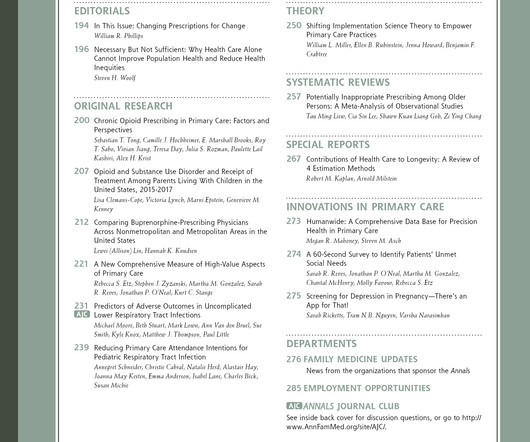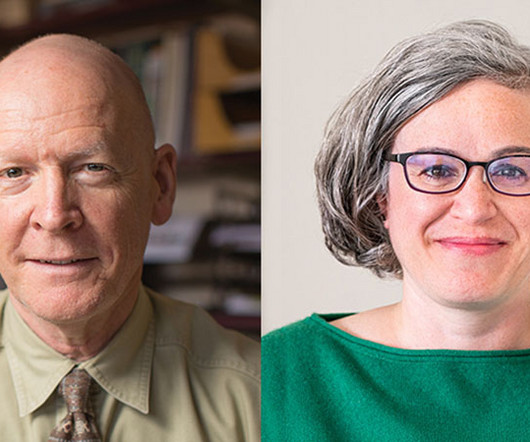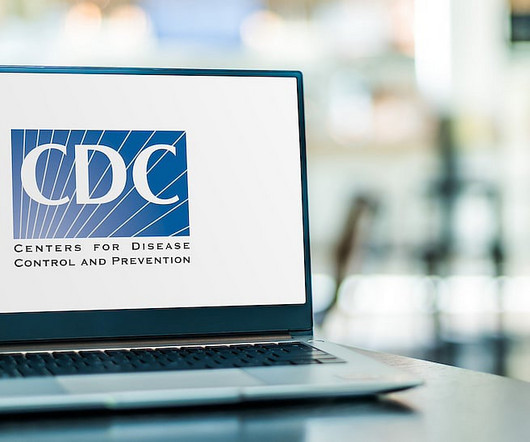Access to health care and services for the Deaf: A scoping review of reviews [Health care services, delivery, and financing]
Annals of Family Medicine
NOVEMBER 20, 2024
Context: The Deaf experience many barriers when accessing health care and services. A growing number of research has been published on the subject, but the Deaf community remains underserved in health care and under-represented in health research. ’s (2006) narrative synthesis was used to analyze and report the results.












Let's personalize your content